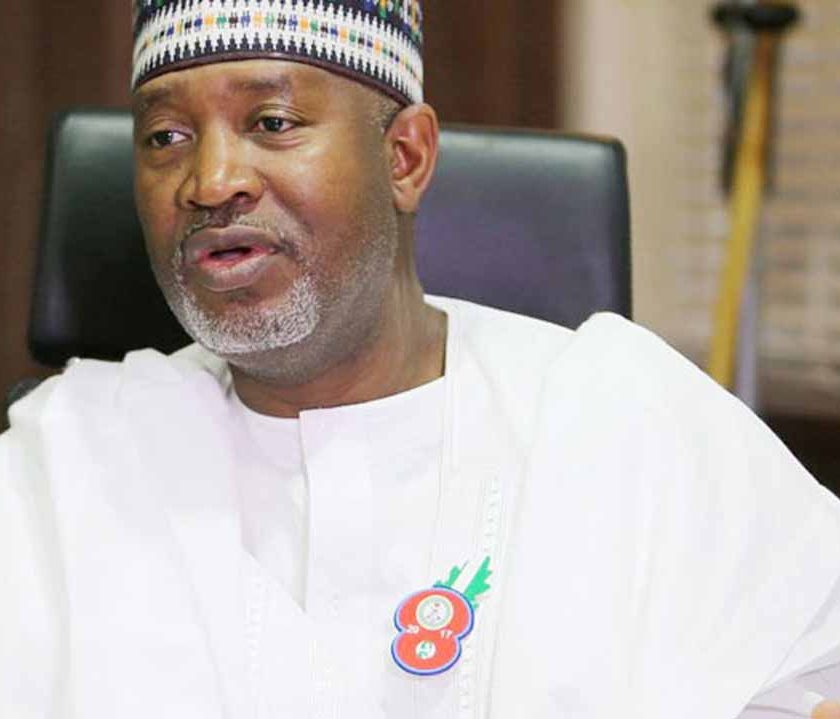In its continuous drive to remain at the forefront of
engendering educational learning amongst young Nigerians,
Heritage Bank Plc joined in celebrating the “World Book
Day” by means of implementing one of its literacy
initiatives and donation of books to schools.
The bank has decided to lend its support to the biggest
celebration of its kind, designated by UNESCO as a worldwide
celebration of books and reading in its 20th year, and
marked in over 100 countries all over the world for children
of all ages to come together to appreciate reading.
However, as part of effort to inculcate the culture of
reading books amongst children, Heritage Bank donated a
total of 16,340 comic books, dispatched to 84 schools via
Experience Centers, while investing in exciting edutainment
activities for school communities.
The bank recently launched, “The protector’s” a comic
series book to commemorate Children’s day. The
super-heroes of the series, HK-1 and HK-2 will be touring
schools this year to win allies to fight against the evil
Gus D Ville.
Also, other activities involve the first inter school quiz
commenced in last year December, with 20 winners emerging
from various schools.
The Financial Literacy Holiday Workshop, as the highlights
of the workshop to mark the maiden edition, which include
financial literacy coaching presentation skills, creative
writing, practical sessions, movie outing and other exciting
treats.
According to the bank, in a statement made available by the
Group Head, Corporate Communications, Fela Ibidapo, Heritage
Bank has continued to support education and as well
encourage children to explore the pleasures of books and
reading by providing them with the opportunity to have books
of their own.
Meanwhile, he stressed that it was important schools
inculcate reading culture in order to drive financial
literacy into the mainstream curriculum or as an
extra-curricular club to ensure that we raise a generation
of financially well informed citizens for a dynamic economy.
He explained that the goal of the Financial Literacy program
is to secure the future and empower the Nigerian child and
youth to make informed decisions about finances and wealth
creation so they can take action to improve their present
and long-term financial well-being.
He listed some of the mitigating reading culture and the
current Nigeria’s educational sector as limited use of
technology and visual aids in the teaching process and
negligence to develop critical parent-teacher synergy that
would be well aligned with today’s(and tomorrow’s) goals
and offers an extended range of services for both its
students and its community.
Fela, however, stressed that financial education is a key
success indicator for socio-economic development, adding
that the bank believes in empowering the youth with
requisite skills to make solid financial decisions in adult
years.





